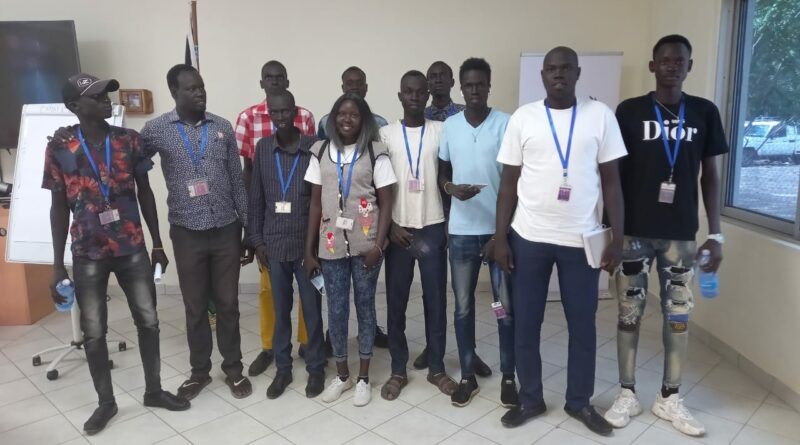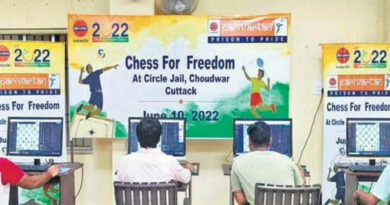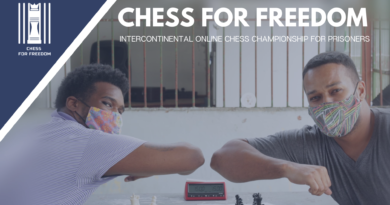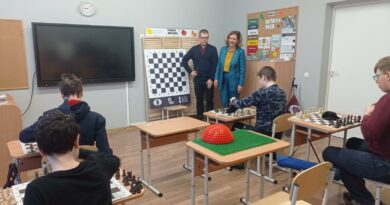Successful launch of Teacher Training for FIDE Chess for Protection at Kamuma, Kenya
The FIDE Social Commission is in the startup phase of a major project under the Chess for Protection programme in the refugee camp Kakuma in Kenya, in close cooperation with UNHCR, LWF and Chess Kenya. See report from the opening event here. During the weekend 14-15/8-21, the training of the local chess teachers (facilitators) that in turn will teach chess to some 1600 children within the camp started up.
The FIDE Trainers’ Commission helped out, and all twelve facilitators participated. The event was highly successful, and will be followed by another two weekend seminars later this autumn.
Peter Long, secretary of the Trainers’ Commission was instrumental in organising the event in record time. He said: – TRG has always supported the work of fellow commissions and it was an honour for us to be invited to develop a training solution for Kakuma. We were able to quickly assemble a multi-skilled team of volunteers passionate and knowledgeable, which allowed us to build this program in a very short time, and I thank them all to join me in super human efforts.
Geir Nesheim, leader of the Kakuma Project Steering Committee and member of the FIDE Social Commission, said: – This was FIDE at its best, with commissions working together to create value for the children in the Kakuma refugee camp. The Social commission hopes that this project is only the first of many more to follow, all the time mobilising many parts of FIDE and indeed other partners, using chess as a tool to reach out to children at risk.
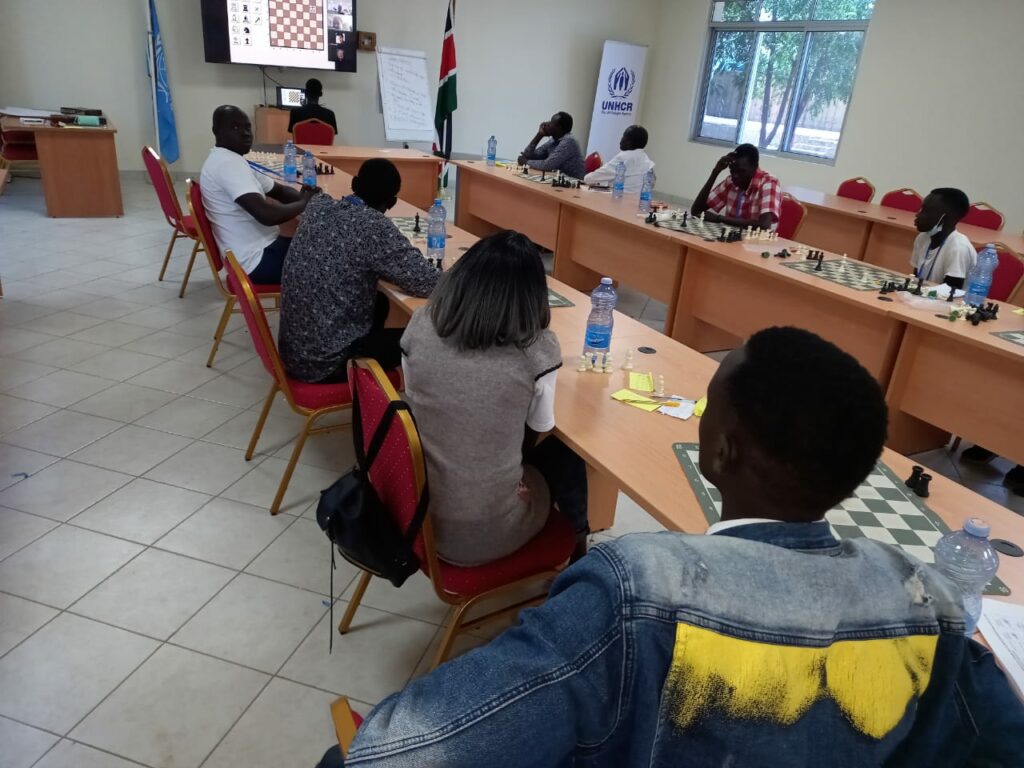
About Chess for Protection project in Kakuma, Kenya
The Chess for Protection program aims to raise awareness about the availability of chess as a sport including the opportunities it presents to talented players. It will also provide training to improve players’ knowledge and life skills which will, in turn, be passed to others. Linkages and networks will also be created with a larger chess community in Kenya and globally for greater development of chess in the camp and opportunities externally for professional development of players.
Many young women and girls find it difficult to meaningfully engage in education and extra-curricular activities due to negative cultural norms that often prevent them from accessing opportunities equally. The Chess for Kakuma and Kalobeyei People project includes activities of the Girl Club Project such as meeting and communicating with successful women, reading and discussing books, painting workshops and many others.
Chess has been predominantly embraced among the youth from Kakuma and currently, 180 club members are actively participating in chess. Building on existing chess activities, the International Chess Federation will further bring in the experience and expertise of chess programs to contribute to the protection and well-being of refugee youth and adolescents and elevate chess to the level of key activities through which young people are engaged.
The project is expected to directly benefit 1,600 learners, with various levels of chess proficiency through online presentations, provision of play materials and equipment, training and mentorship. Further, it is estimated that another 800 individuals from various parts of the camp community at large will be affected indirectly in various positive ways.

